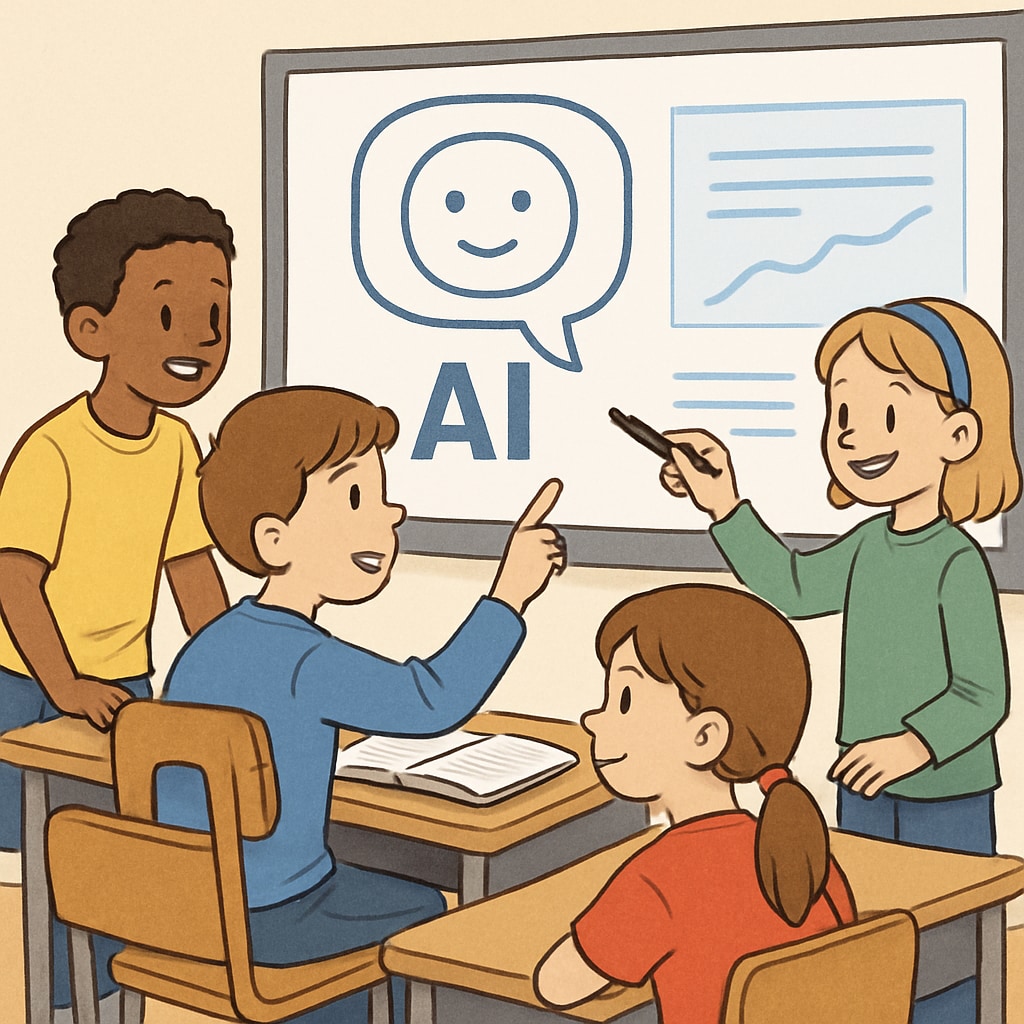AI subscription services, learning assistance, ChatGPT Plus, and academic improvement are quickly becoming integral tools for students seeking a competitive edge in education. From university students to K12 learners, these cutting-edge technologies are reshaping traditional learning methods. This article explores how one university student’s accidental subscription to various AI services led to unexpected academic breakthroughs, and how AI tools like ChatGPT Plus could redefine education for younger students in the future.
How AI Subscription Services Are Enhancing Learning
Artificial intelligence tools have made significant strides in providing personalized learning experiences. ChatGPT Plus, for example, offers advanced features such as faster response times, improved problem-solving capabilities, and more nuanced guidance on complex topics. These services are not only practical but can also cater to individual learning needs, a feature that traditional education systems often struggle to achieve.
For university students, AI tools have proven to be invaluable in assisting with tasks like research, essay writing, and even exam preparation. For instance, tools like ChatGPT Plus can help analyze texts, suggest improvements, and offer explanations for challenging concepts. As a result, students are able to grasp difficult subjects more efficiently, improving their overall academic performance.

Unexpected Benefits for K12 Education
While AI tools have gained popularity among university students, their potential impact on K12 education is equally promising. AI-powered platforms can offer tailored learning experiences for younger students, identifying their strengths and weaknesses and adapting study materials accordingly. This individualized approach could be particularly beneficial for students with learning difficulties or those requiring extra support outside the classroom.
For example, AI services can create interactive exercises or quizzes based on a student’s progress, ensuring they truly understand each concept before moving on. These technologies can also assist teachers by automating administrative tasks, such as grading, freeing up time for more personalized instruction. As a result, AI could help bridge the educational gap between students of varying abilities, fostering inclusivity and academic equity in schools.

Challenges and Ethical Considerations
Despite the advantages, integrating AI tools into education comes with its challenges. Privacy concerns, data security, and ensuring equitable access are critical issues that educators and policymakers must address. Moreover, excessive reliance on AI tools could potentially hinder the development of critical thinking skills, as students might become too dependent on automated assistance.
Therefore, it is essential to strike a balance between technology and traditional learning methods, ensuring that AI serves as a supplement rather than a replacement. Schools and universities must also focus on educating students about the ethical use of AI, fostering responsible digital citizenship as these technologies become more prevalent.
The Future of AI in Education
As AI technologies continue to evolve, their role in education will undoubtedly expand. From personalized tutoring to advanced analytics that track student progress, the possibilities are endless. Tools like ChatGPT Plus have already demonstrated their potential in improving academic performance, but the next frontier lies in making these services accessible to all students, regardless of their socioeconomic background.
For educators, embracing AI means adopting a proactive approach to innovation, ensuring that these tools are integrated seamlessly into curriculum design. With careful planning and ethical considerations, AI subscription services and tools like ChatGPT Plus can pave the way for a more inclusive, effective, and future-ready education system.
Readability guidance: This article uses concise paragraphs, avoids overly technical language, and integrates relevant examples for clarity. Images are strategically placed to enhance reader engagement, and lists are avoided in favor of narrative flow.


